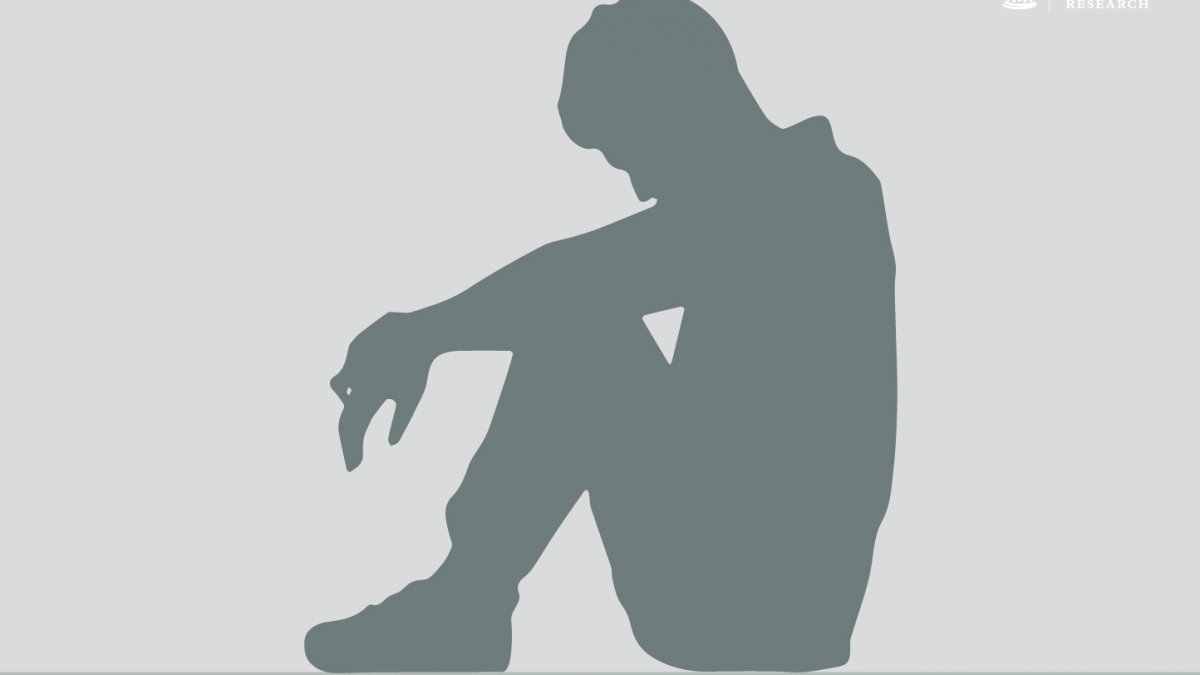Care in the community
Doctors, researchers, social workers and other professionals at the UNC Center for Excellence in Community Mental Health work diligently to help people with severe mental illness.

On a Tuesday morning, you get in your car and drive half an hour to see your first patient. He is a 45-year-old man with schizophrenia who has been evicted twice, and may face eviction again if he doesn’t clean his apartment. You help him do laundry and ask about his medication. When you find out he lost his prescription, you call the pharmacy.
Next you drive into the adjacent county to visit a 32-year-old woman battling paranoia and depression. You accompany her to an appointment at Social Security, trying to help her cope with the stressors and distractions that come with an hour of sitting in a large waiting room. The last time you did this, she had a panic attack. Today is better.
At 2 p.m., you meet with a 24-year-old woman suffering from bipolar disorder and the whims of an abusive alcoholic boyfriend. As you discuss their domestic disputes and the possibility of filing for a restraining order, the boyfriend kicks the door down. You call the police, and then you call your team member — you’re not going to make it to your next appointment.
—-
If you work on an Assertive Community Treatment team, this is a typical work day.
ACT is a community-based service designed to help people with severe mental illnesses such as paranoia, schizophrenia, and bipolar disorder. An ACT team includes a group of professionals from a wide range of disciplines — psychiatry, social work, substance abuse, nursing, vocational rehabilitation, peer support—who visit clients in their homes, providing services that are typically only found in a treatment center or from multiple visits to different specialists.
“There is a real outreach component to it,” says Emily Clark, the ACT Team Lead in Wake County. “The idea is that we’re reaching a segment of the population that has really significant treatment needs but wouldn’t otherwise be able to get those needs met.”
In the United States, approximately 20 percent of the adult population has been diagnosed with some form mental illness. And roughly 10 million people live with severe mental illness, which is defined as a serious functional impairment that substantially limits one or more major life activities, according to the National Institute of Mental Health.
Facilitating a full recovery
When it comes to mental health care, the United States has “a culture of institutions,” according to Lorna Moser. “People with serious mental illness often spend a lot of time in institutions,” she says. “And it’s not just jails or hospitals, but group homes and assisted living homes — because that’s the only way services are provided.”
Moser and her colleagues at the UNC Center for Excellence in Community Mental Health believe people diagnosed with severe mental illness have a right to live independently with the right support mechanisms in place.
The center’s director, John Gilmore, has been working with people with schizophrenia for decades. “The pervasive idea for people with schizophrenia used to be hopelessness—just keep the individual stable, quiet, and out of the hospital. That was all they could hope for,” he says. “But we have always believed people with schizophrenia can do a whole lot more than what the traditional system was able to offer them.”
When an individual becomes psychotic, he or she can lose everything — from employment to freedom to housing to relationships.
Founded in 2009, CECMH has continued to evolve and expand their services, moving far beyond assessment, medications, and therapy to address the full range of needs to help people in their recovery journeys. The Center provides a comprehensive set of clinical and rehabilitation best practices, for which it provides training and technical assistance, statewide and nationally.
Read more of this story on the Endeavors website.




